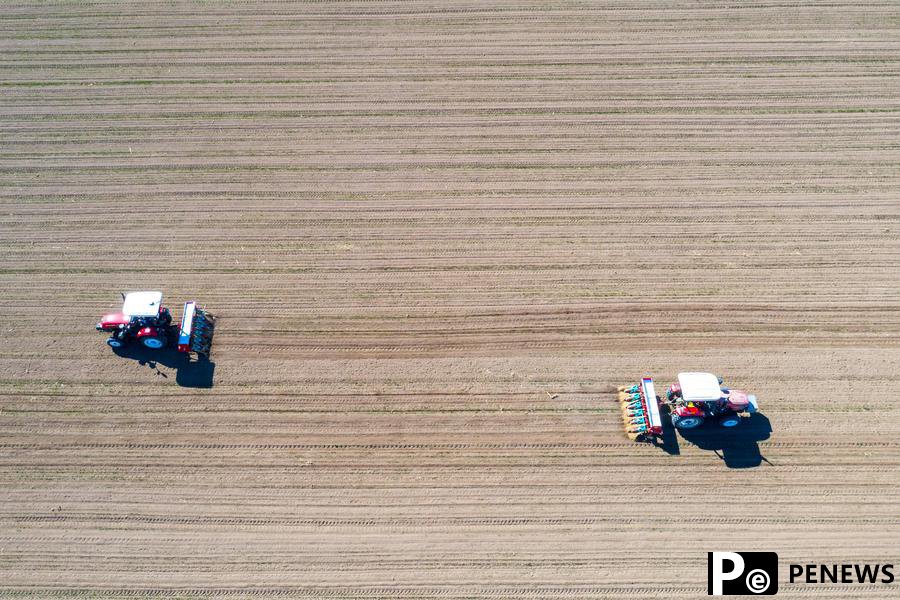
Enlarge this image
Mussels from the U.S., Arctic char from Canada and anchovies from the U.S. are often good options if you're trying to eat seafood that's sustainable. HUIZENG HU/Getty; Cbording/Getty; Israel Sebastian/Getty hide caption
toggle caption HUIZENG HU/Getty; Cbording/Getty; Israel Sebastian/Getty
Mussels from the U.S., Arctic char from Canada and anchovies from the U.S. are often good options if you're trying to eat seafood that's sustainable.
HUIZENG HU/Getty; Cbording/Getty; Israel Sebastian/GettyCalamari, clam chowder, crab cakes, sushi — the ocean and other bodies of water offer many beloved dishes. And the seafood in those dishes is in high demand. Roughly 179 million tons of fish were harvested in 2018, according to the U.N. Food and Agriculture Organization.
But our love of seafood comes with a cost. Overfishing has led to the decline of entire species, like Atlantic cod, according to the U.S. National Oceanic and Atmospheric Administration. And destructive fishing practices have driven others, like the Maui dolphin, to near extinction.
As a consumer, it can be hard to know if the fish at the supermarket or on the menu is contributing to the degradation of marine life. That's why it's crucial to get more information about the fish you eat — especially about how it was caught and where it came from.

Your Life Kit for living more sustainably
Your choices matter, says Jennifer Dianto Kemmerly, vice president of global ocean initiatives at the Monterey Bay Aquarium in California. When people buy sustainable fish — fish that minimize harm to our wildlife and oceans — it sends "a very clear market signal to the industry that this is what people want: healthy, responsible [fish] that's good for people and the planet."
Kemmerly, who works on Seafood Watch, the aquarium's sustainable seafood advisory list, shares three principles to consider when eating seafood.
Ask the right questionsLet's say you're at a restaurant or the fresh fish counter at the supermarket and you want to get the salmon — but you're not sure whether it's sustainable. To find out, simply ask the server or the fishmonger, says Kemmerly. Here are two key questions:
Is this fish pole or line-caught? If the answer is yes, that's usually a good sign, says Kemmerly. "Even at a commercial scale, a fishing boat can see what they just reeled in and if they caught a fish that's too small or is a different species they didn't intend [to catch], they can quickly release it."
When trawling or large nets are used to catch fish, sometimes other species are caught by accident, says Kemmerly. This is referred to in the industry as "bycatch." Fish or marine life that get caught in these nets are often considered waste and thrown overboard. , "these unintentionally caught animals often suffer injuries or die."
Is this fish caught in the U.S.?If so, it's probably a sustainable choice. "The U.S. has some of the most stringent regulations" of fishing in the world, Kemmerly says. For example, if fish populations are depleted, fisheries in the U.S. are required to rebuild them to sustainable levels. According to NOAA, 93% of U.S. fisheries are not overfished in 2022.
Do your researchIf you're not able to ask these questions, you may need to get your answers elsewhere. For example, if you're buying frozen shrimp in the seafood aisle of the supermarket and you have limited information about its origins, apart from what it says on the package.
The good news is there are plenty of free online resources to find out whether the fish you are eating is sustainable. In addition to Seafood Watch, you can find information on the NOAA's FishWatch site or the Environmental Defense Fund's Seafood Selector tool. (Which resource you use is up to you and your personal values, advise experts in an NPR story from 2017 about seafood guides — each may offer different recommendations based on varying factors.)








